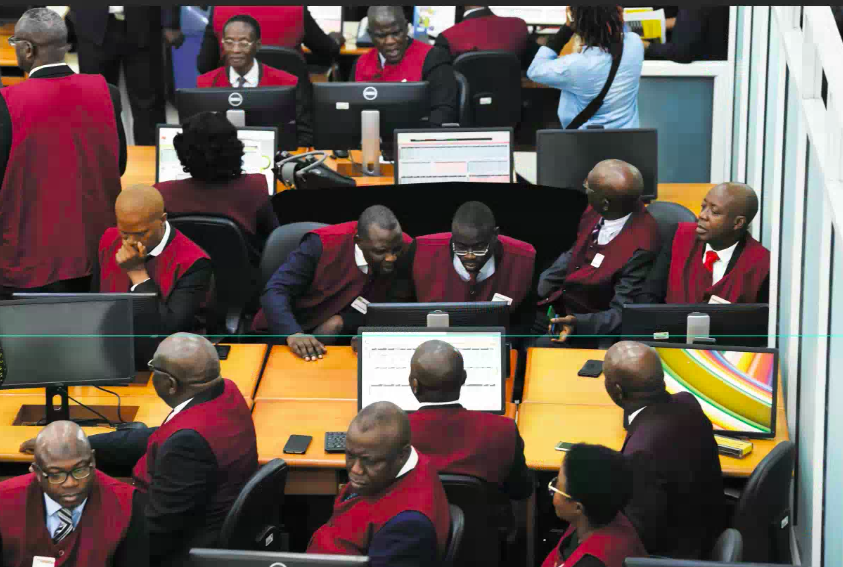Global index provider, FTSE Russell, says Nigeria’s ongoing foreign exchange problems was a key motivator behind the downgrade of Nigerian Stock Exchange from ‘Frontline’ to “Unclassified Market”, erasing the gains of the prior week.
The reclassification, set to take effect on September 18, 2023, prompted immediate selloffs that drove the All-Share Index down by 1.24 per cent to close at 67,296.18 points.
This resulted in the market’s year-to-date (YTD) returns tumbling to 31.11 per cent and wiping out N463.66 billion ($1.14 billion USD) in market capitalization, which closed at N36.83 trillion ($90.81 billion USD).
Trade turnover also sagged relative to the previous session, down by a marginal 0.08 per cent. In total, 520.13 million shares worth N8.33 billion were exchanged in 9,914 transactions.
READ ALSO: Forex losses impacts Nigeria’s NGX industrial sector
The downgrade and subsequent market reaction raise pressing questions about the sustainability of investment in Nigeria, particularly in its once-robust banking sector.
Investors and policymakers alike will likely be focused on how the country can stabilize its foreign exchange market and restore investor confidence in the wake of this critical development.
According to the UK-based financial institution, these issues have hindered the ability of institutional investors to repatriate trapped capital.
FTSE Russell in a statement expressed skepticism about the effectiveness of Nigeria’s recent foreign exchange reforms, including the adoption of a ‘willing seller, willing buyer’ policy at the Investor and exporter (I&E) foreign exchange window.
FTSE Russell noted little or no improvement in foreign exchange supply trends, a factor that continues to deter capital inflows from institutional investors.
AdvertisementThe downgrade means Nigeria’s index status will be removed entirely from all five FTSE stock indices, effectively given a value of zero.
This significant move is likely to have repercussions for Nigeria’s visibility on the international investment landscape, making it more challenging for the country to attract foreign capital.


 Comments and Issues2 days ago
Comments and Issues2 days ago
 Business6 days ago
Business6 days ago
 Business1 week ago
Business1 week ago
 Business1 week ago
Business1 week ago
 Business5 days ago
Business5 days ago
 Education7 days ago
Education7 days ago
 News6 days ago
News6 days ago
 Comments and Issues5 days ago
Comments and Issues5 days ago












